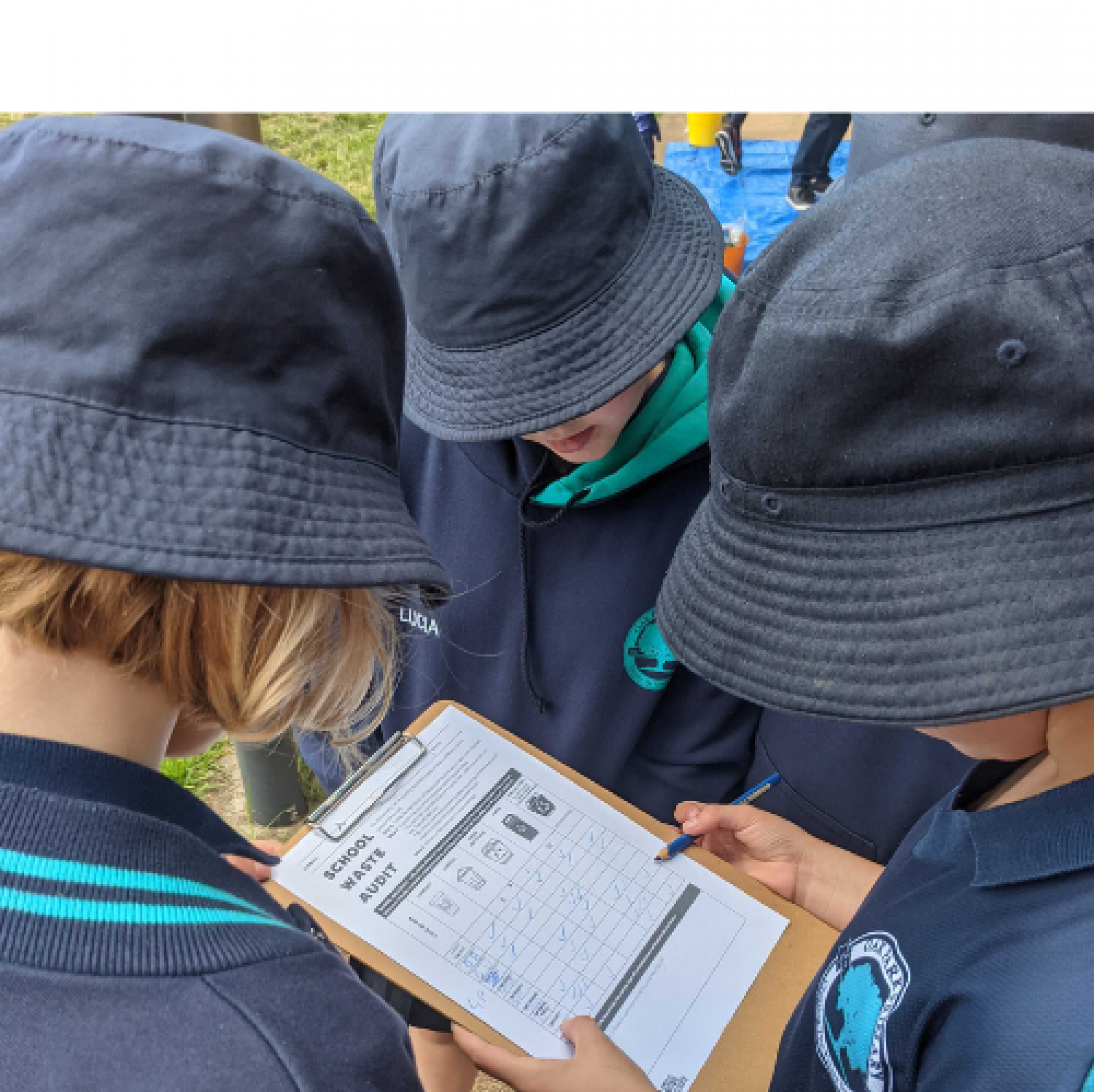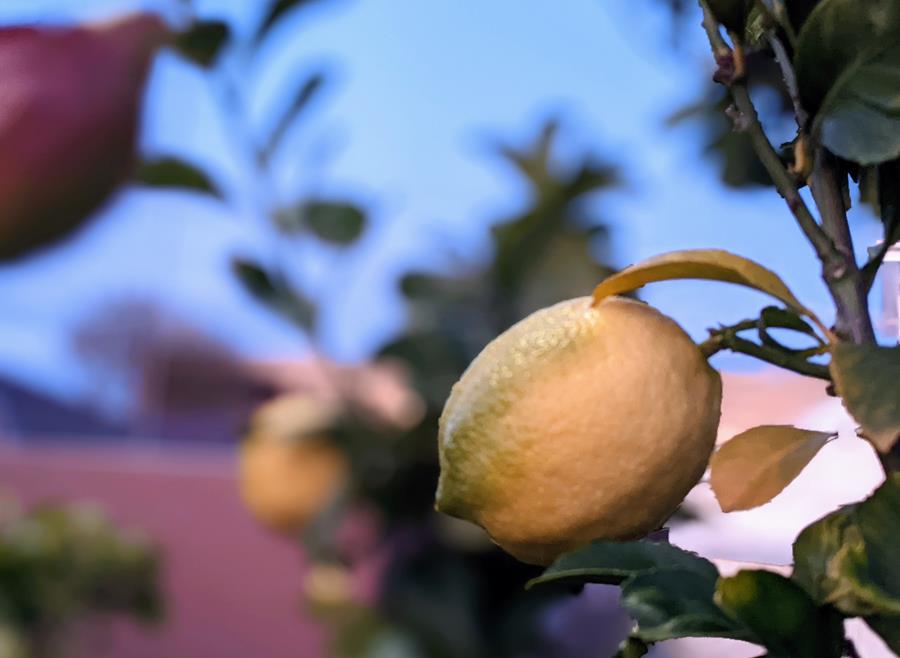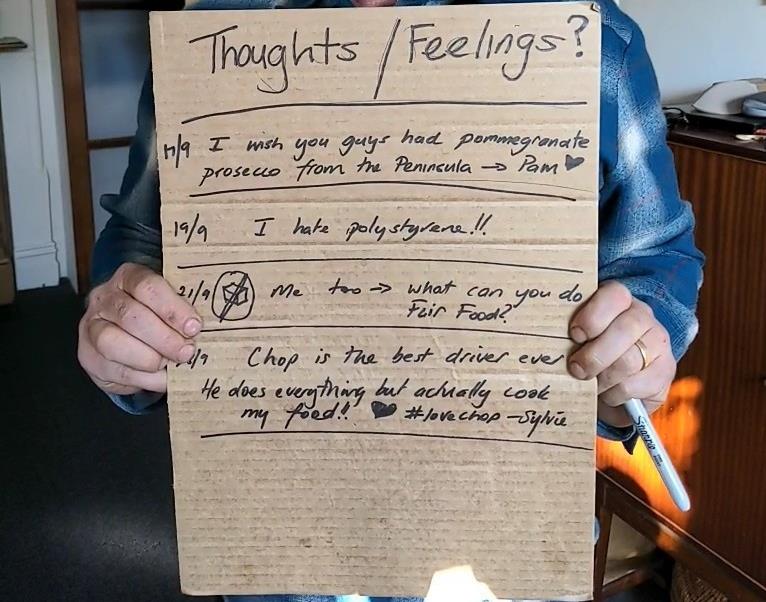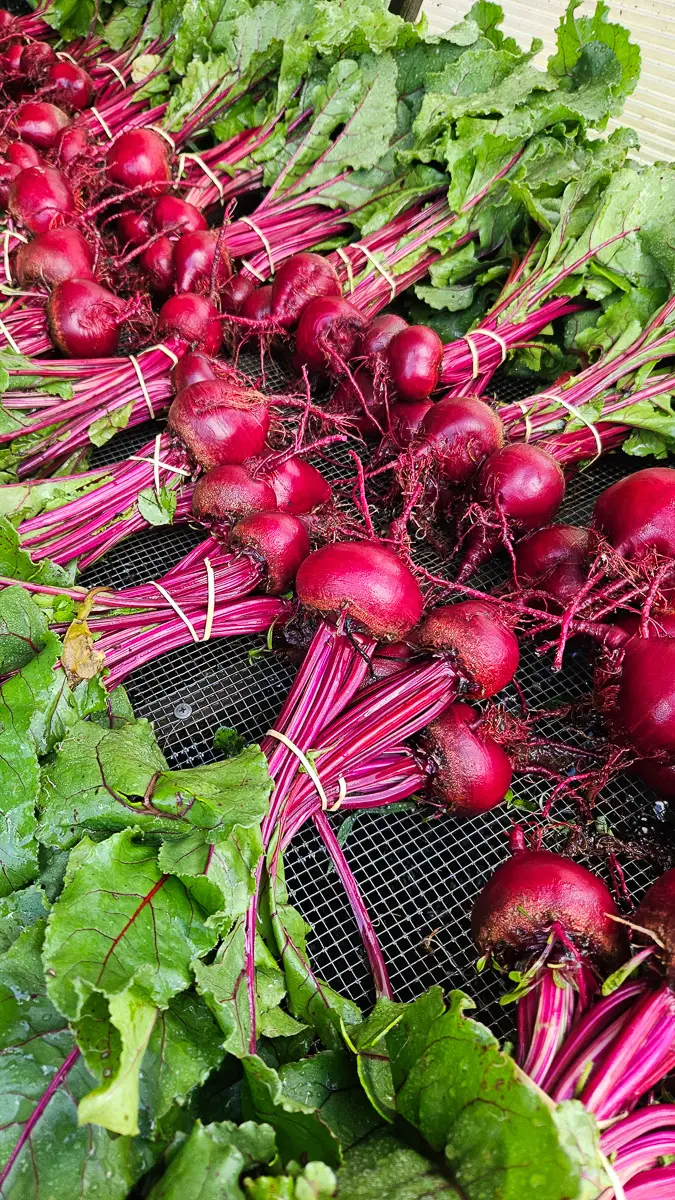
Different kind of activism
Google image “environmental activism” and you’ll see hundreds of street protests – big crowds, placards, fists in the air, megaphones and giant banners.
But environmental activism takes many guises.
More than thirty years ago CERES environmental education pioneer, the late Eric Bottomley, saw an opportunity to campaign in a very different and very gentle way.
Eric’s revolution was getting students out of the classroom and turning their lessons into hands-on activities that reconnected their heads, hearts and hands to the Earth.
It wasn’t headline grabbing like the frontline battles to ban whaling, stop dams or save native forests, instead it helped a generation of students understand and take positive action in areas such as biodiversity, sustainable agriculture, alternative energy, recycling and climate change.
Since lessons began at CERES in the late 80’s over 1.7 million children have come to the park in Brunswick East.
As student numbers grew Bottomley and his team, which included current CERES CEO Cinnamon Evans, recognised the limits of having children at CERES for one-off lessons.
To increase their impact they began embedding CERES’ programs in hundreds of Victorian schools – training classroom teachers and establishing the Sustainable Schools program, which became the template for environmental education in schools across Australia.
Instead of sitting in front of a video learning about natural resources or energy generation, students undertook energy, water, biodiversity and waste audits around their own schools.
Using their experience to learn about water, waste, climate and wildlife the students designed and planned actual upgrades to fix water leaks, install tanks, solar power, insulation and create habitats to increase biodiversity.
To get the upgrades done the students learned to engage with their school leadership and recruit other students to help make the changes in their school community’s behaviour.
These upgrades have not only reduced waste, water and energy consumption but continue to save schools hundreds of thousands of dollars, money now spent on providing a better education.
The climate and ecological crises we are in are so pervasive and amorphous they can be debilitating and anxiety inducing. Hands on learning about the country we live in and caring for it together is an incredibly empowering experience.
At the recent big School Strike 4 Climate rallies it’d be a pretty safe bet that almost every child there would have been on a program delivered or developed at CERES, and if Eric Bottomley happened to be watching I’m sure it would have put a very big smile on his face.
Each time you order a box of Fair Food, you support CERES School of Nature and Climate’s education programs.

Bring lem-on
It’s lemon and lime time – if you have just too much citrus for your neighbours, friends, family, workmates or local produce swap – drop them at the Fair Food warehouse and we’ll give them away to fellow Fair Food customers.
Email us here info@ceresfairfood.org.au.

Thoughts/feelings?
Just a remeinder for when you’re unpacking your Fair Food box and you have an idea or something to share – grab a pen and write or draw it on the cardboard insert and put it out with your box for collection.
Have a great week,
Chris
